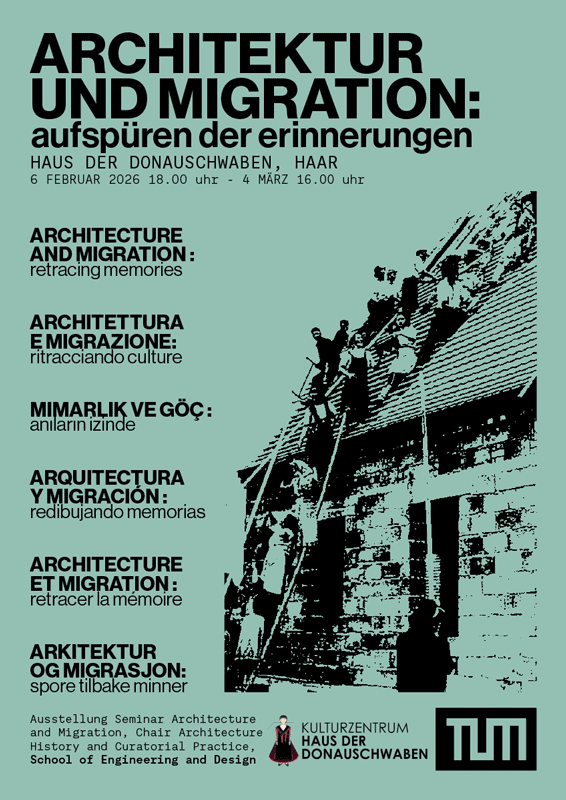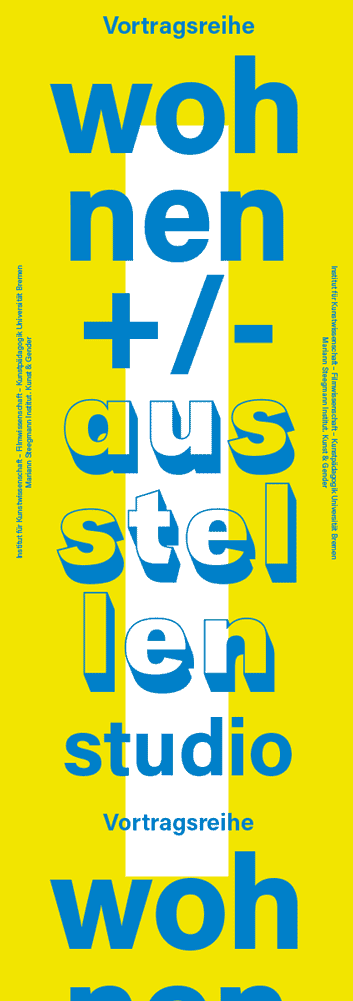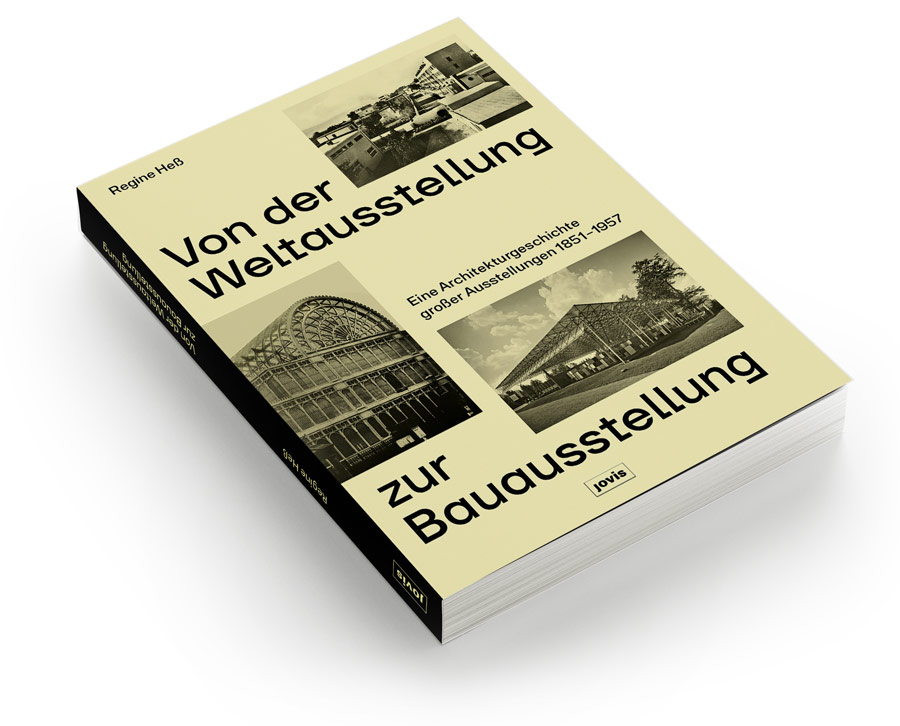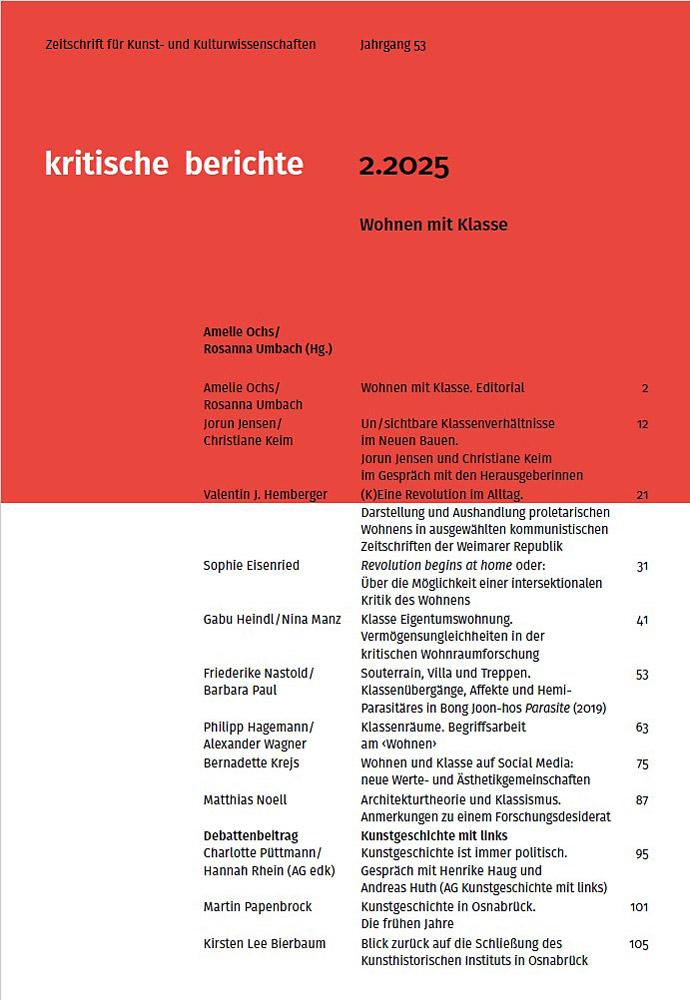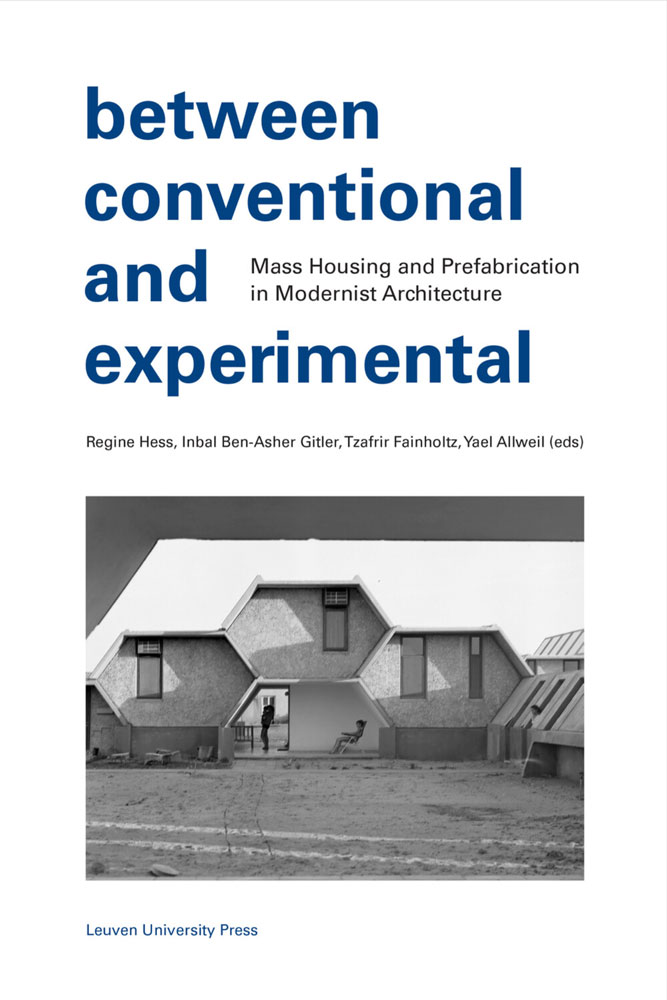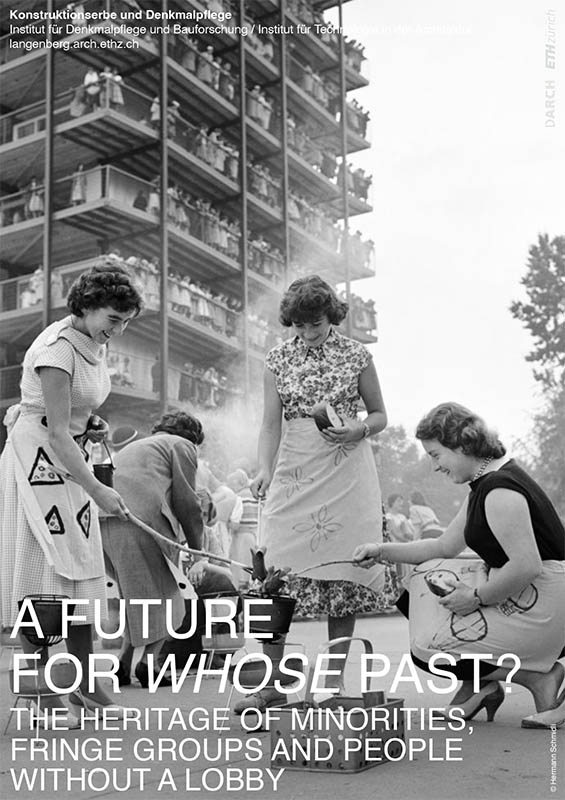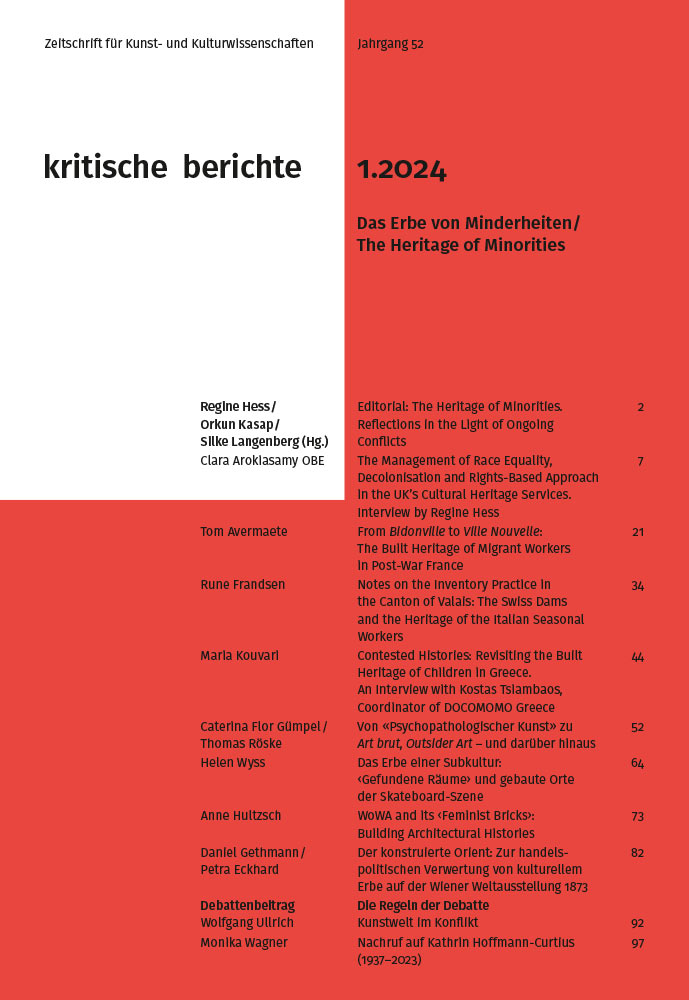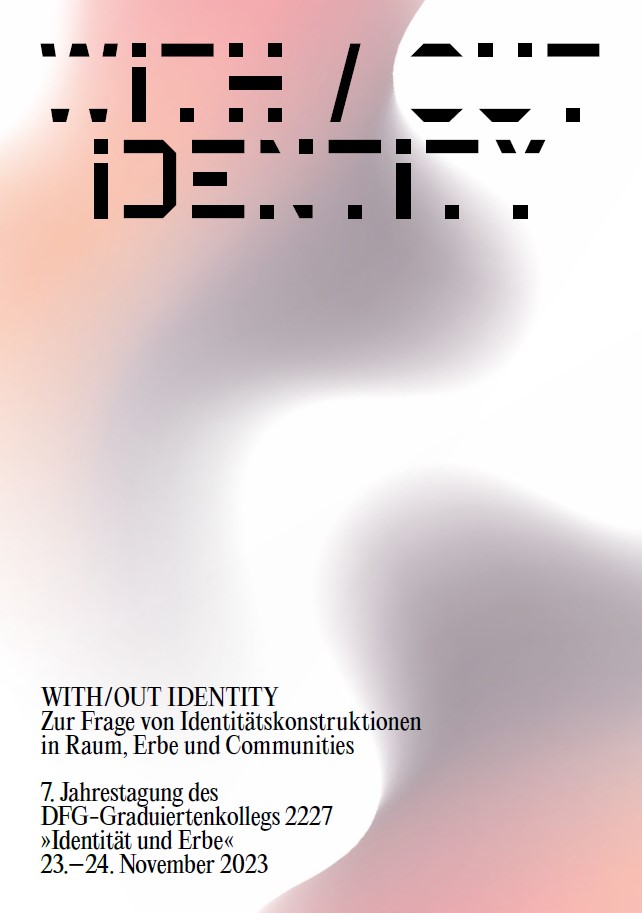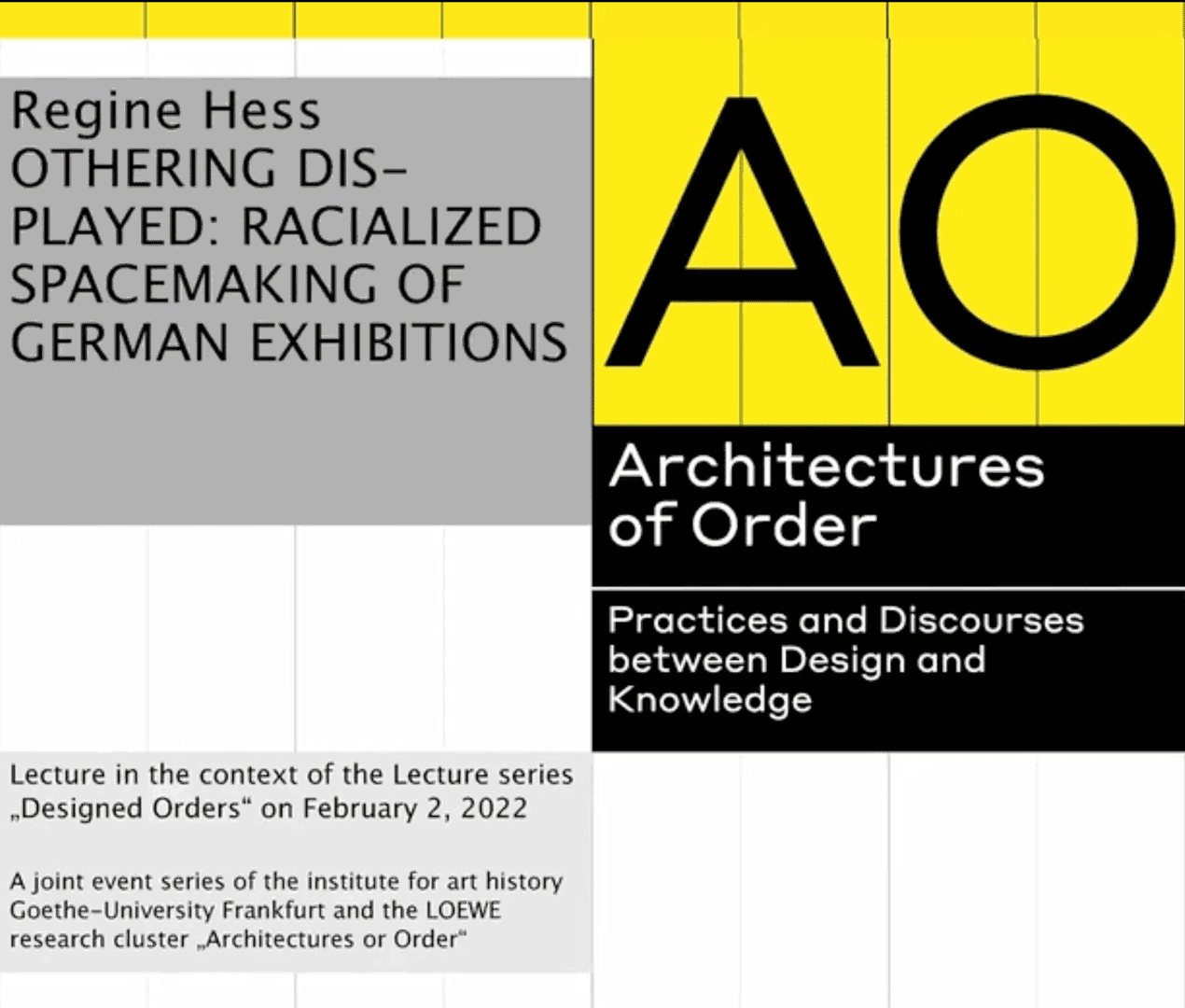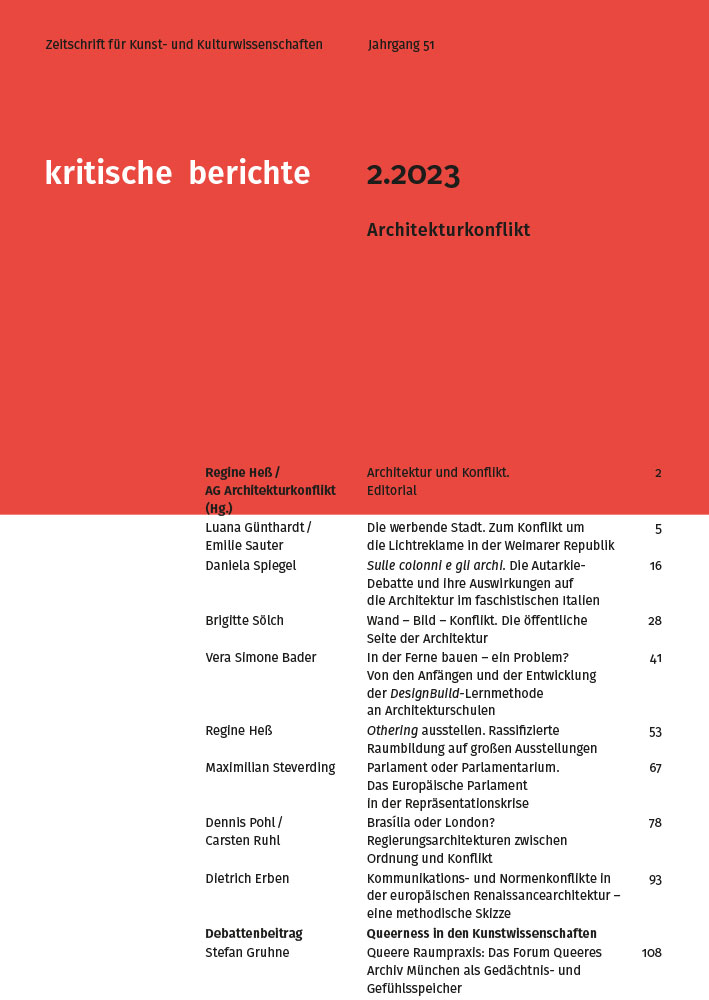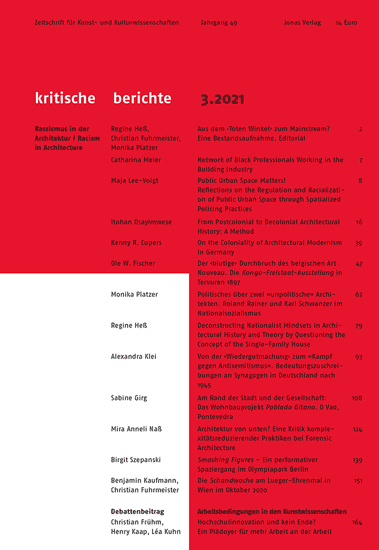ARCHITECTURE
AND MIGRATION
MASTER SEMINAR, WINTER SEMESTER 2025/2026
REGINE HESS, CHAIR OF ARCHITECTURE HISTORY AND CURATORIAL PRACTICE, TU MUNICH
EXHIBITION IN COOPERATION WITH HAUS DER DONAUSCHWABEN, HAAR
In the seminar, students from seven countries explored the topics of vernacular architecture, (forced) migration, and community building. They presented their research questions and findings in an exhibition at the Haus der Donauschwaben. This community center preserves and communicates the history and culture of ethnic Germans who were expelled from Hungary, Yugoslavia, and Romania in 1945.
In the exhibition, the students trace memories preserved in the architecture and building traditions of the Danube Swabian community and Danube Swabian Women as creators of space, in Islamic burial sites and migrant restaurants in Munich, in cultural centers of the Alevi diaspora in Germany, in the architectural heritage of seasonal workers in Geneva, and in the nomadic building culture of the Sami in Norway.
WER WOHNT WO AUF GROSSEN AUSSTELLUNGEN?
UNGLEICHE (WOHN-)MODELLE ZEIGEN
(IN GERMAN)
LECTURE
WOHNEN +/- AUSSTELLEN STUDIO VORTRAGSREIHE
MARIANN STEEGMANN INSTITUT, UNIVERSITÄT BREMEN
B.ZB BREMER ZENTRUM FÜR BAUKULTUR
JANUARY 20, 2026
Large exhibitions such as world, arts and crafts, colonial and building exhibitions feature a considerable amount of architecture on a scale of 1:1. They have also repeatedly displayed living and knowledge about it, represented by palaces, houses, huts, rooms, gardens, furniture, clothing and equipment. In doing so, they exhibited (dewlling) models of inequality between classes, genders, ethnicities and nations. The exhibition grounds, understood as a “territory” (Stuart Elden) on which the organizers determine inclusion and exclusion, are the scene of conflict where one group exercises control over others.
ÜBER NAHOST
LECTURE SERIES
REGINE HESS
CONTESTED HISTORY.
ARCHITECTURE IN PALESTINE AND ISRAEL (IN GERMAN)
UNIVERSITY OF BERN
October 27, 2025
Can the architectural history of Israel and Palestine contribute to the understanding of the Middle East conflict? As this is a long-lasting global conflict, the lecture highlights the history of territory, colonialism, migration and settlement from the end of the 19th century to the 1980s. The aim is to gain a better understanding and to observe the unknown at first – insofar as this is possible in a conflicted research environment.
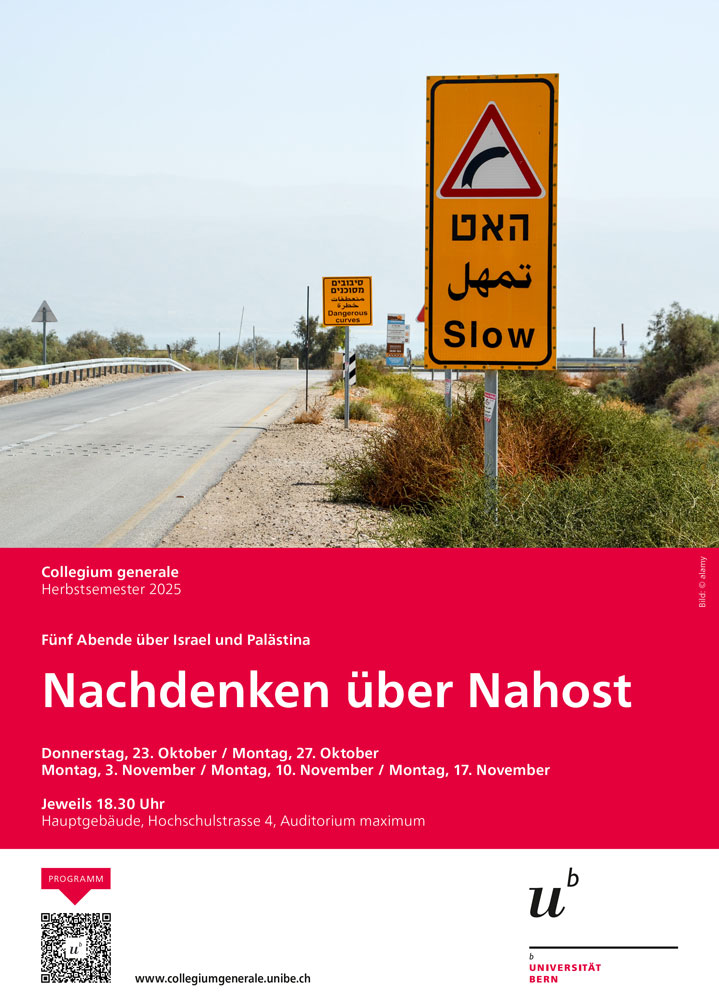
Weltausstellung zur
Bauausstellung
Eine Architekturgeschichte
großer Ausstellungen
1851–1957
Habilitation at the School of Engineering and Design at Technical University Munich, funded by German Research Foundation (DFG)
Study on the architecture, politics and typology of large exhibitions, with twenty case studies that form a genealogy of their own.
It will be published in May 2026 by Jovis Verlag, Berlin.
WOHNEN MIT KLASSE
ED. BY AMELIE OCHS AND ROSANNA UMBACH
SUPERVISION BY REGINE HESS
Kritische Berichte.
Journal for Art History
and Cultural Studies, 2/2025
Housing and class are inextricably linked. The articles in this issue analyze this connection with a view to images of housing in photography, film, magazines, architecture (debates) and on social media and discuss how class relations are made visible and invisible in them. The issue is published in German.
Conventional
and
Experimental
Mass Housing and
Prefabrication in
Modernist Architecture
ed. by Regine Hess, Inbal Ben-Asher Gitler, Tzafrir Fainholtz, Yael Allweil
Leuven University Press,
Leuven 2024
Modern mass housing owes much of its social ideas and designs to architectural prefabrication. Indeed, the concept of this book is based on the idea that prefabrication in mass housing should bring about social change in specific historical situations. Therefore, the present collection provides a history of different construction systems in diverse contexts, but more than that, it is an attempt to demonstrate the relevance of prefabrication history for a cultural and material history of the built environment.
The contributors are Mia Åkerfelt (Åbo Akademi University, Turku), Yael Allweil (Technion Israel Institute of Technology), Inbal Ben Asher-Gitler (Sapir Academic College, Ashkelon/ Ben Gurion University of the Negev, Beer Scheva), Angelo Bertolazzi (University of Padua), Tamara Bjažić Klarin (Institute of Art History, Zagreb), Tzafrir Fainholtz (Technion Israel Institute of Technology), Alberto Franchini (Technical University Munich/Polytechnic University of Milan), Ilaria Giannetti (Sapienza, University of Rome), Regine Hess (TU Munich), Silke Langenberg (ETH Zurich), Daphna Levine (Technion Israel Institute of Technology), Stefania Mornati (Sapienza, University of Rome), Uta Pottgiesser (TU Delft), Maryia Rusak (Oslo School of Architecture and Design), Liat Savin Ben Shoshan (Technion Israel Institute of Technology), Maria Tassopoulou (Technical University of Athens), Anna Wilczyńska (Estonian University of Life Sciences/Warsaw University of Life Sciences).
The Open Access version of the book is available in the OPAEN online library.
WHOSE PAST?
THE HERITAGE OF MINORITIES, FRINGE GROUPS AND PEOPLE WITHOUT A LOBBY
ETH ZURICH, CONSTRUCTION
HERITAGE AND PRESERVATION
PROJECT MANAGER AND ACQUISITION OF THIRD-PARTY FUNDS
2022/2023
The motto of the European Architectural Heritage Year 1975 was “A Future for our Past.” 50 years later, in view of the consequences of globalisation, diversity, climate change, migration and displacement, we are faced with the question of who is meant by “us” at all.
The research and exhibition project is based on an idea by Prof. Dr. Silke Langenberg. It asks whose heritage we are talking about, who determines what is important for society’s memory, and what characterises this society? Do the objects protected by laws on monuments, nature and heritage conservation in the German-speaking countries and thus preserved for the future really represent history? Or have we not been talking about histories for a long time? What heritage is significant for outsiders and marginalised groups without a lobby, and what measures should be taken to ensure that the heritage of the future really reflects the social developments of the past? What does inclusion in heritage mean? The exhibition and preparatory research are intended to honour the results and achievements of the European Architectural Heritage Year 1975, to reflect on the current situation and to provide impulses for the future development of preservation. Cooperation partners are ICOMOS Germany, ICOMOS Austria and the S AM Swiss Museum of Architecture. The project is funded by the Federal Office of Culture (BAK).
Project management and acquisition also included the successful application for an international conference to be held on Monte Verità in Ascona from 22 to 24 October 2025 and the publication A Future for whose Past? A Guidebook, ed. by ICOMOS Suisse/ETH Zurich, Construction Heritage and Preservation, Zurich 2025
DAS ERBE VON
MINDERHEITEN /
THE HERITAGE OF
MINORITIES
ed. by Regine Hess,
ORKUN KASAP, SILKE LANGENBERG
Kritische Berichte.
Journal for Art History
and Cultural Studies, 1/2024
The issue brings together contributions from monument preservation, architecture and art history on topics of labor, gender, race, childhood, psychopathology, subculture and the right of marginalized groups to the European architectural and cultural heritage. The authors are Clara Arokiasamy OBE, President of ICOMOS UK (interviewed by Regine Hess), Tom Avermaete, Rune Frandsen, Kostas Tsiambaos, Coordinator of DOCOMOMO, Greece.
kb Debate 2024: The rules of the debate
The existential crises of recent years – climate change, the covid-19 pandemic, the latest wars and the rise of political populism – have led to a social debate culture that is increasingly emotional and ideological. The hardening of ideological standpoints and the communicative logic of the new media are accompanied by a boom in alternative offers of truth, which are increasingly accompanied by attacks on science and its institutions that constantly challenge the scientific rules of finding truth and solutions. The debate topic therefore aims to ask what strategies the humanities, and specifically art history, can offer to counter the erosion of the basic rules of a democratic exchange of opinions and the loss of trust in independent science. The debate begins with Wolfgang Ullrich’s contribution Kunstwelt im Konflikt.
REGINE HESS (ETH ZURICH)
KEY NOTE LECTURE
7. JAHRESTAGUNG GRADUIERTENKOLLEG IDENTITÄT UND ERBE
24.11.2023
BAUHAUS-UNIVERSITÄT WEIMAR
DAS FORSCHUNGS- UND VERMITTLUNGSPROJEKT A FUTURE FOR WHOSE PAST? THE HERITAGE OF MINORITIES, FRINGE GROUPS AND PEOPLE WITHOUT A LOBBY ZUM 50. JUBILÄUM DES EUROPÄISCHEN DENKMALSCHUTZJAHRES
The cultural turn, postcolonialism and critical heritage studies have changed the concept of heritage from a canonical to a discursive epistemology. Migrant communities demand a new approach to existing monuments that is different from normative concepts of identity. Building culture and the conservation of existing buildings challenge the value system of monument preservation.
Designed Orders
Lecture Series
REGINE HESS (ETH ZUrich)
Othering Displayed:
Racialized Spacemaking of
German Exhibitions
LOEWE Research Cluster:
Architecture of Order.
Practices and Discourses between Design and Knowledge
02.02.2023
Goethe University Frankfurt
Architecture
Conflict
ed. by Regine Hess,
working group
Architecture Conflict
Kritische Berichte.
Journal for Art History
and Cultural Studies, 2/2023
This issue is dedicated to conflict in architecture. Here, we consider planning and building in at its most important – conflictual – stages, where a multitude of different actors are involved. Architecture and preservation are thus more strongly embedded in the political, social, and historical sciences. Researching controversies and the production of difference are guiding research principles. The working group Architecture Conflict is interested in a historical, source-critical perspective on built and unbuilt architecture, public space, infrastructures, as well as those narratives, institutions and interactions documenting that.
This year’s debate on Queerness in Art Sciences is continued by the contribution «Queer Spatial Practice: The Forum Queer Archive Munich as storage of memory and feeling».
Void and Emotion
in Contemporary Architecture
Lecture by REGINE HESS
May 10, 2023. 4 – 5:30 p.m.
Department of Art History,
DEPT. architectural history,
University of Cologne
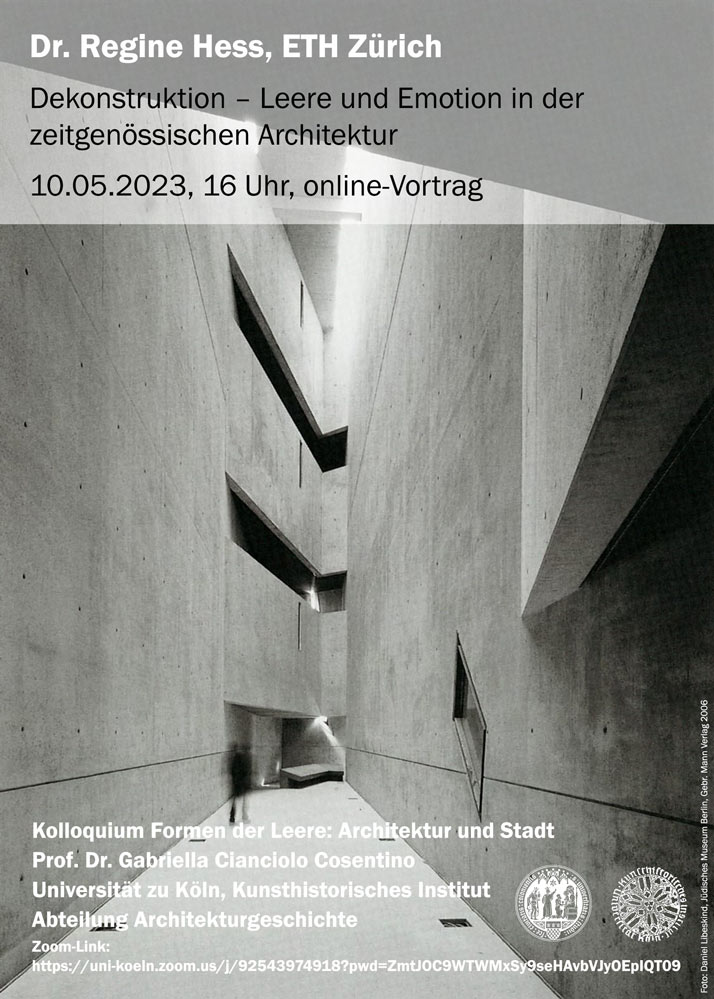
bauschule München
© pk-Odessa Co. @sebastianschels
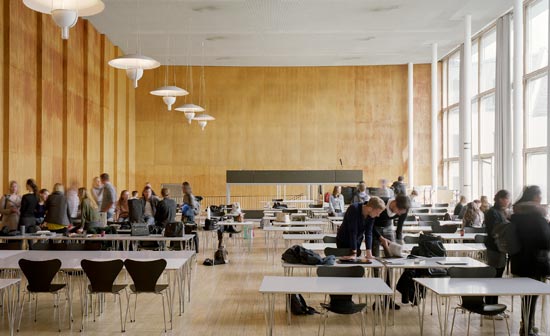
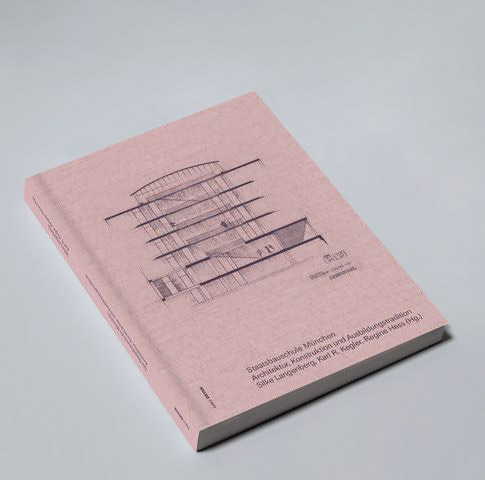
© Ivan Sterzinger
Silke Langenberg, Karl R. Kegler, Regine Hess (eds.), Munich 2022
The Faculty of Architecture at Munich University of Applied Sciences celebrates the 200th anniversary of its founding in 2022. Its predecessor institution, the Staatsbauschule München, is one of the oldest schools of architecture in Germany. The book is dedicated to it with essays by Karl R. Kegler, Silke Langenberg, Christian Schuler, Regine Hess, Christiane Fülscher, Andreas Putz, Ákos Moravánszky, and Reinhold Winkler, an interview with Peter Lanz, as well as historical building plans and photographs by Tania Reinicke, Rainer Viertlböck and Sebastian Schels.
Racism in
Architecture
ed. by Regine Hess,
Christian Fuhrmeister
and Monika Platzer
Kritische Berichte.
Journal for Art History
and Cultural Studies, 3/2021
With peer reviewed articles by Maja Lee-Voigt, Itohan Osayimwese, Kenny R. Cupers, Ole W. Fischer, Monika Platzer, Regine Hess, Alexandra Klei, Sabine Girg, Mira Anneli Naß, the announcement of the network of Black professionals working in the building industry by Catharina Meier, “Smashing Figures” by Birgit Szepanski, and a conversation by Benjamin Kaufmann and Christian Fuhrmeister.
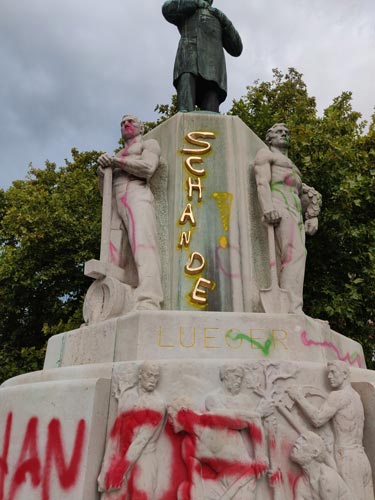
Lettering “Schande“ applied to the pedestal of the Lueger Memorial in Vienna, 2021 © Schandwache

